Final Presentation Day
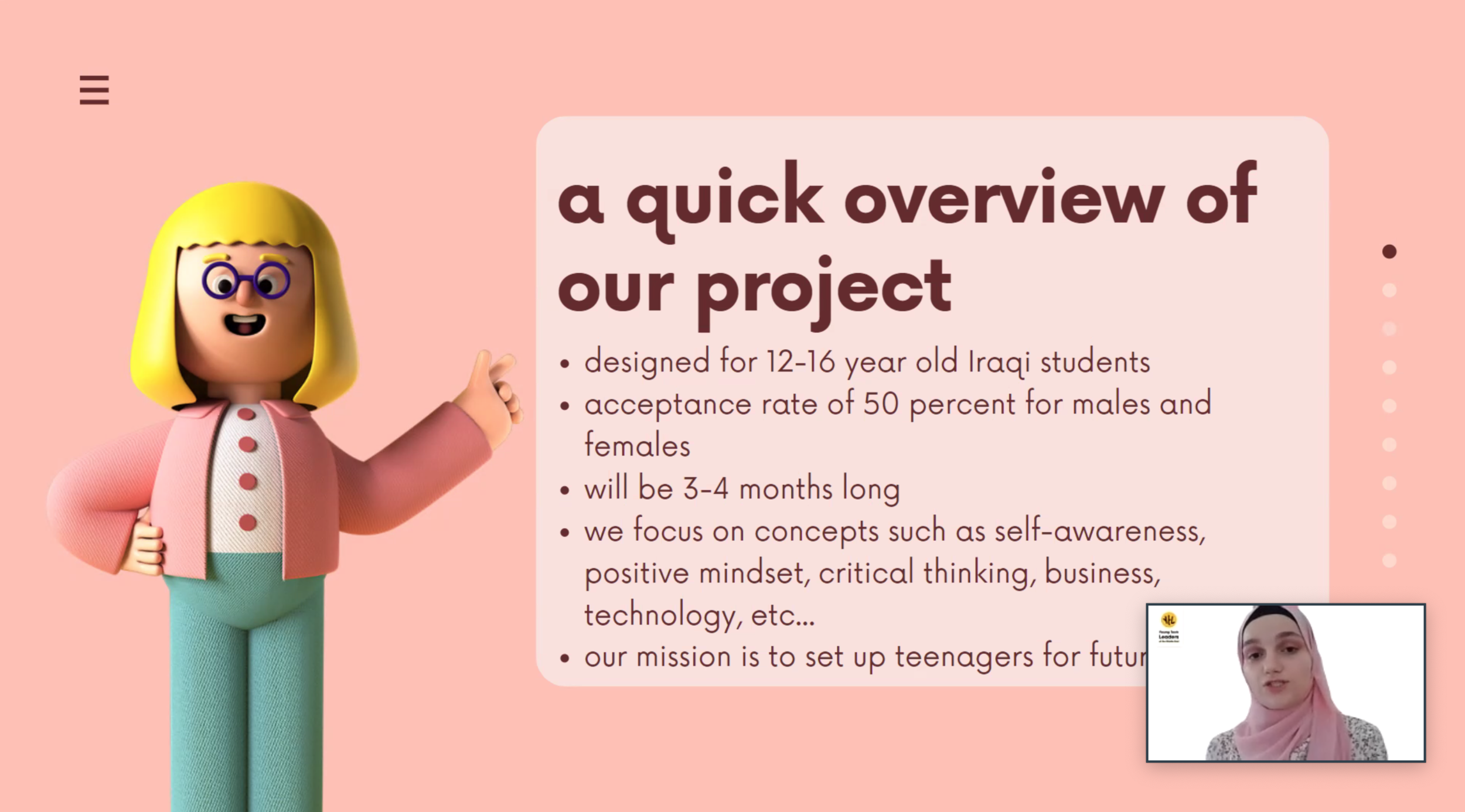
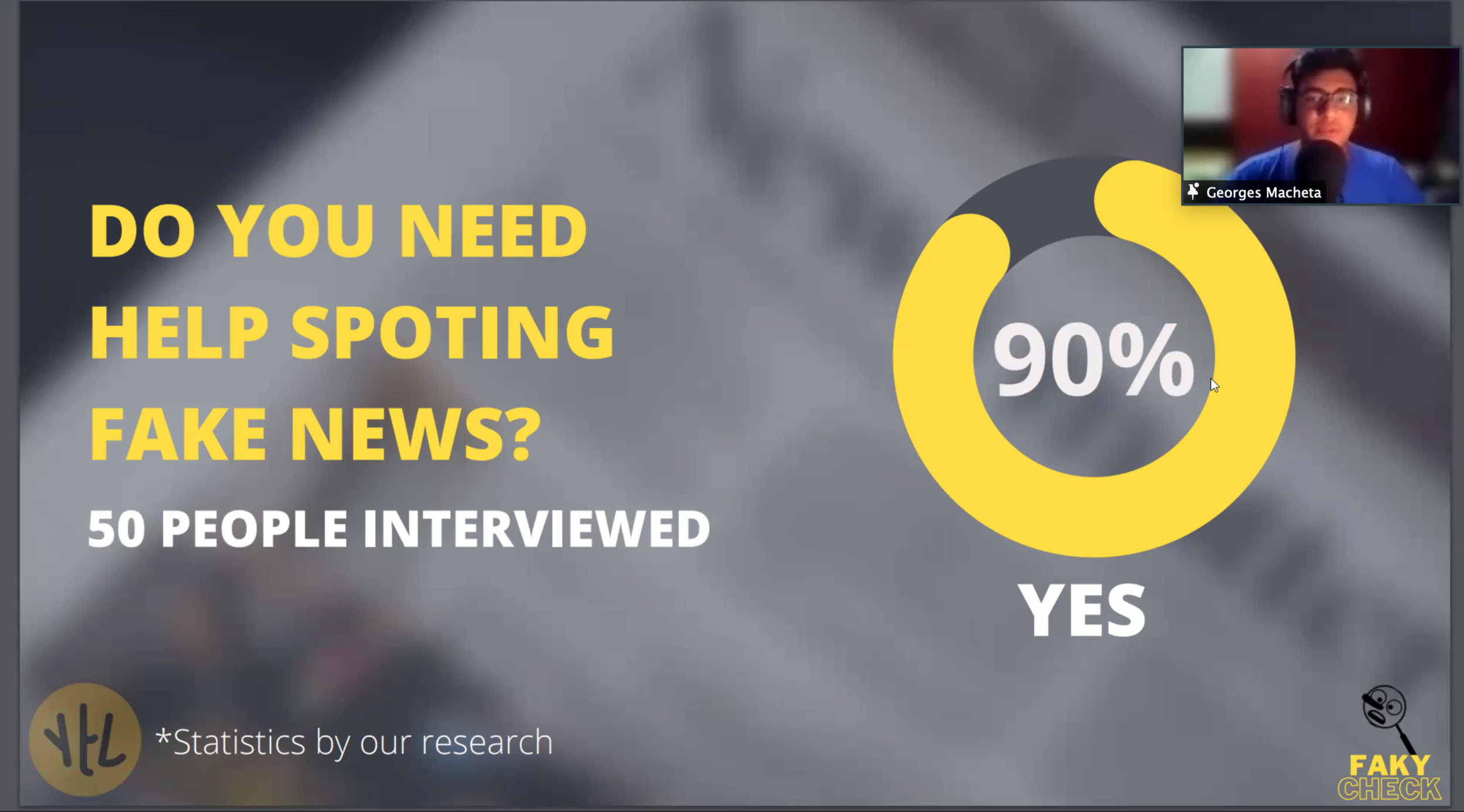
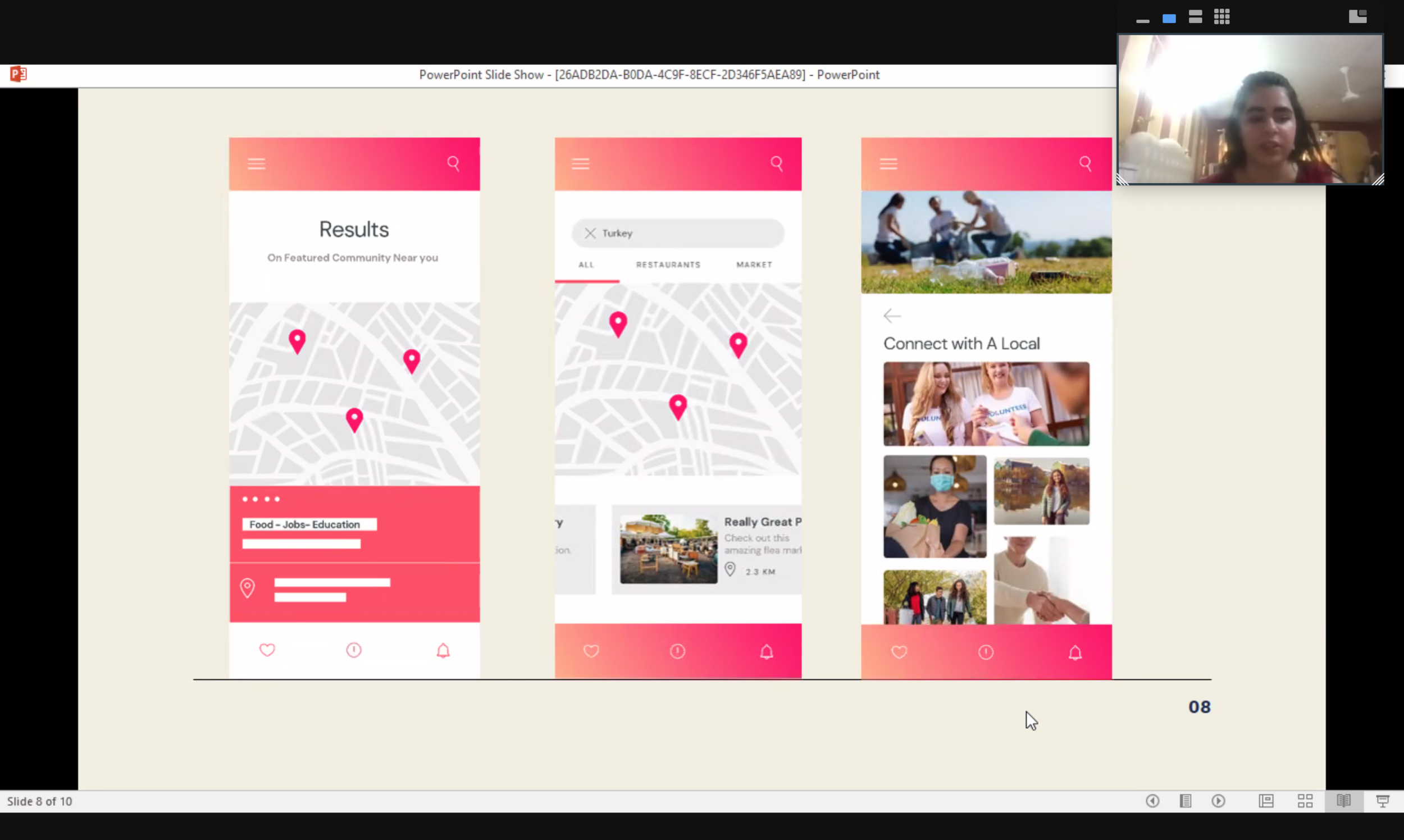
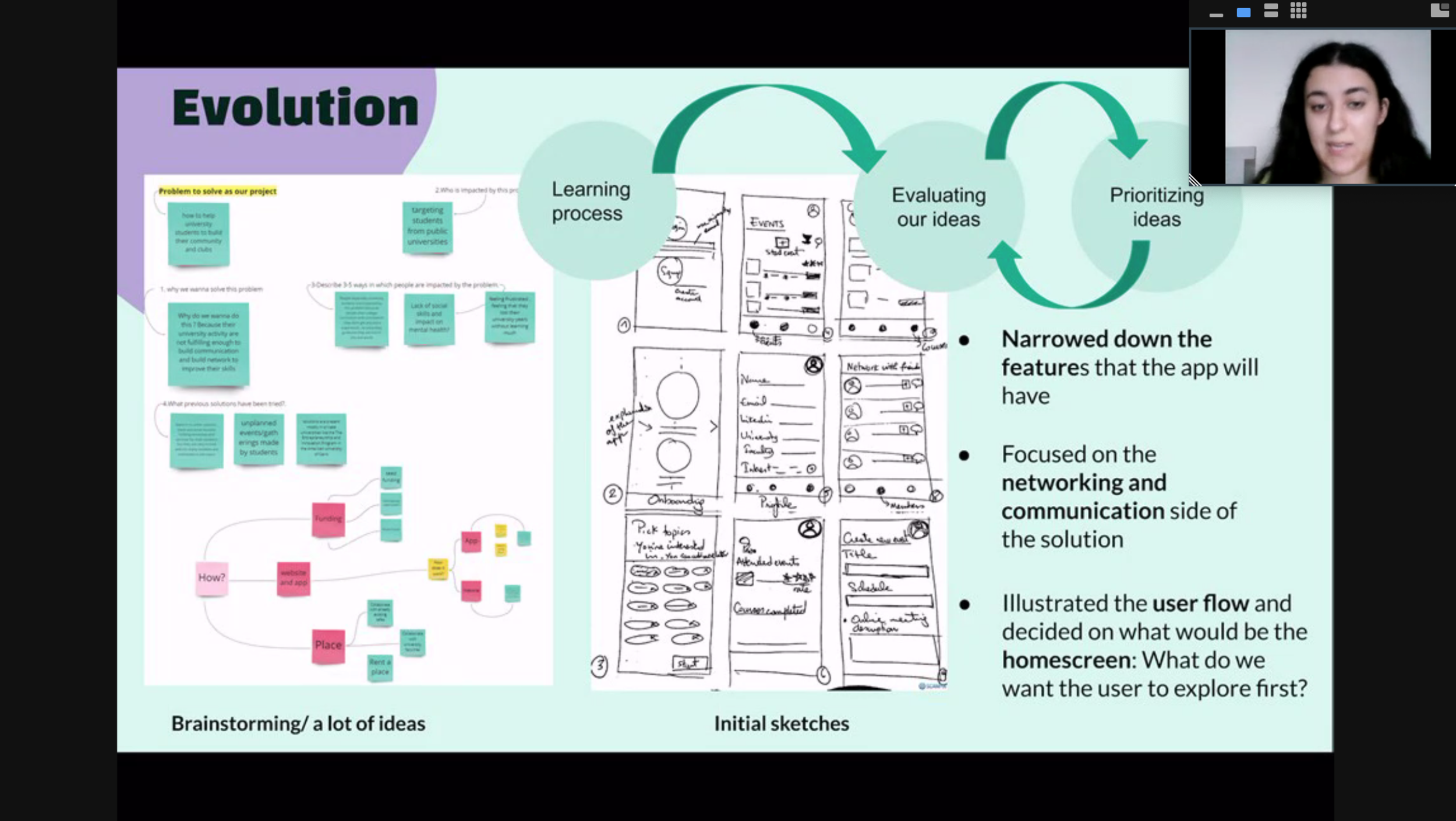
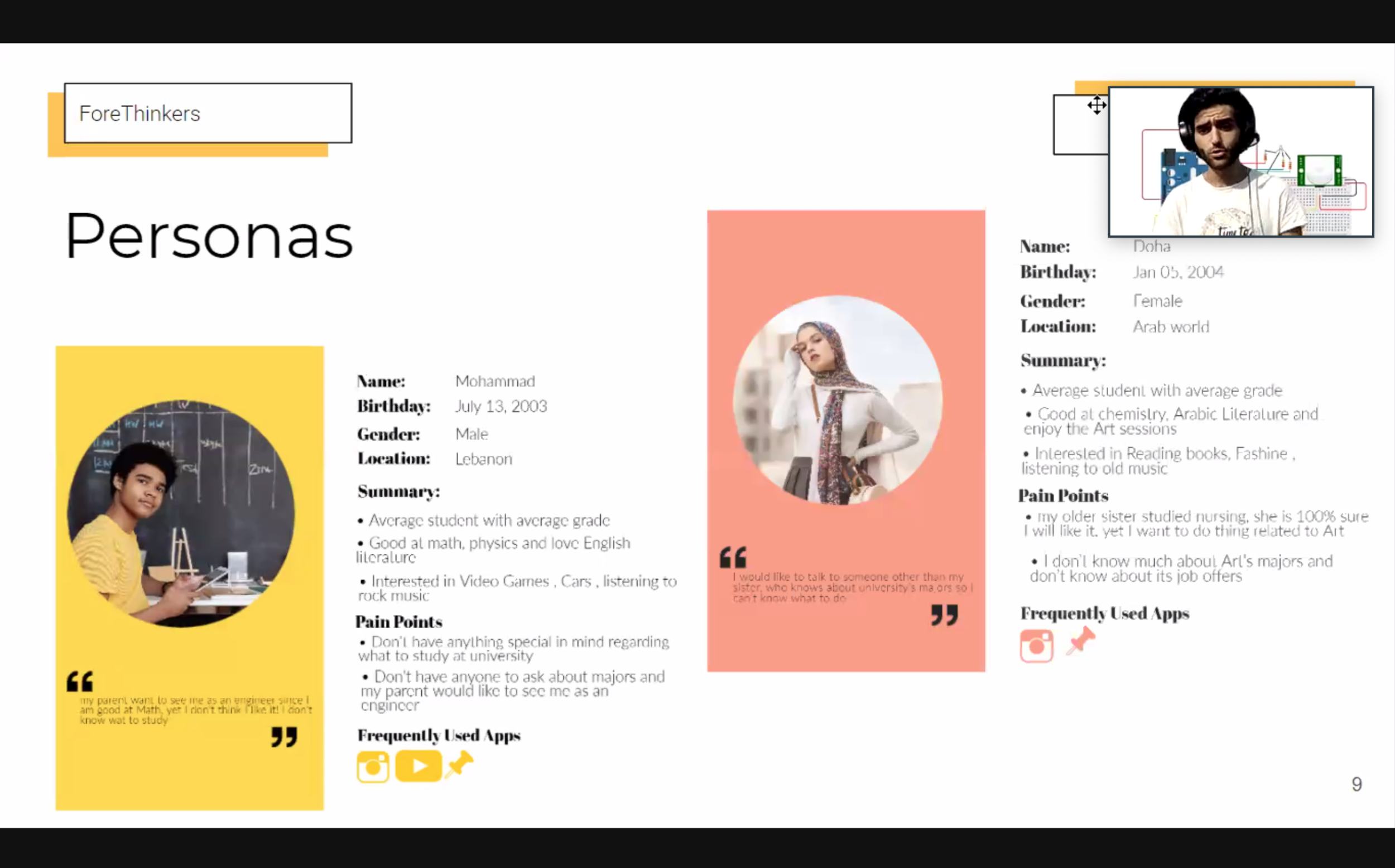
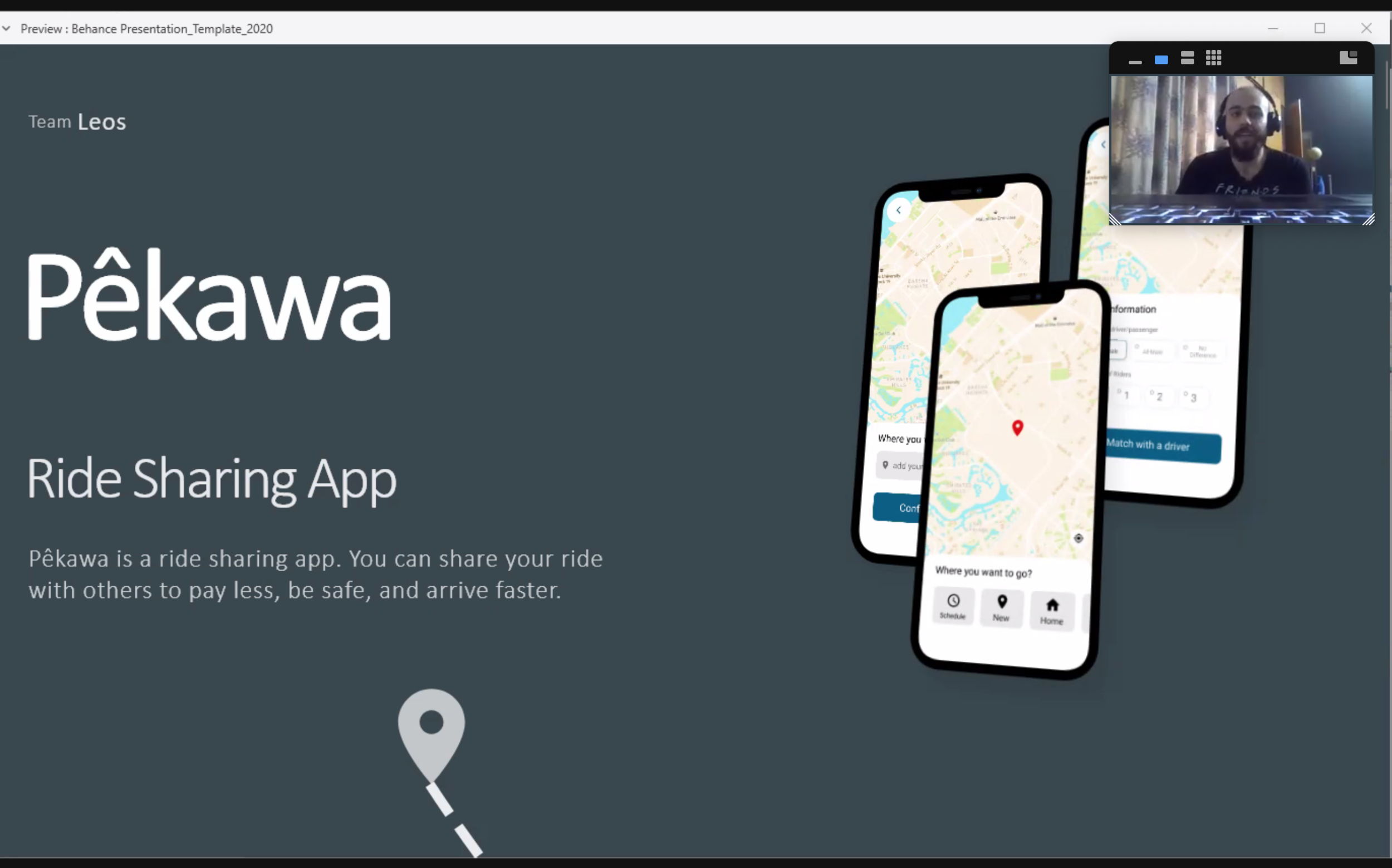
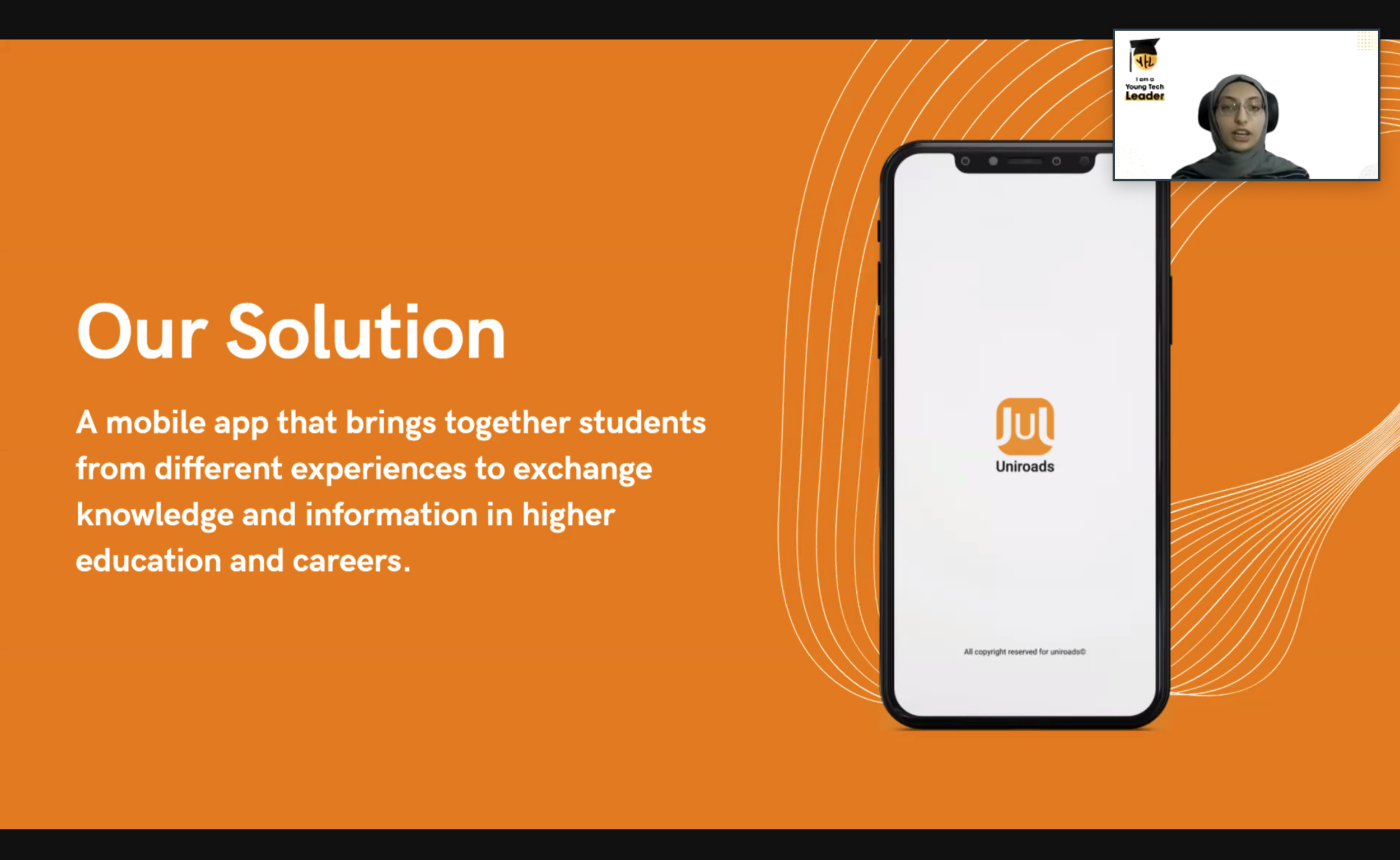
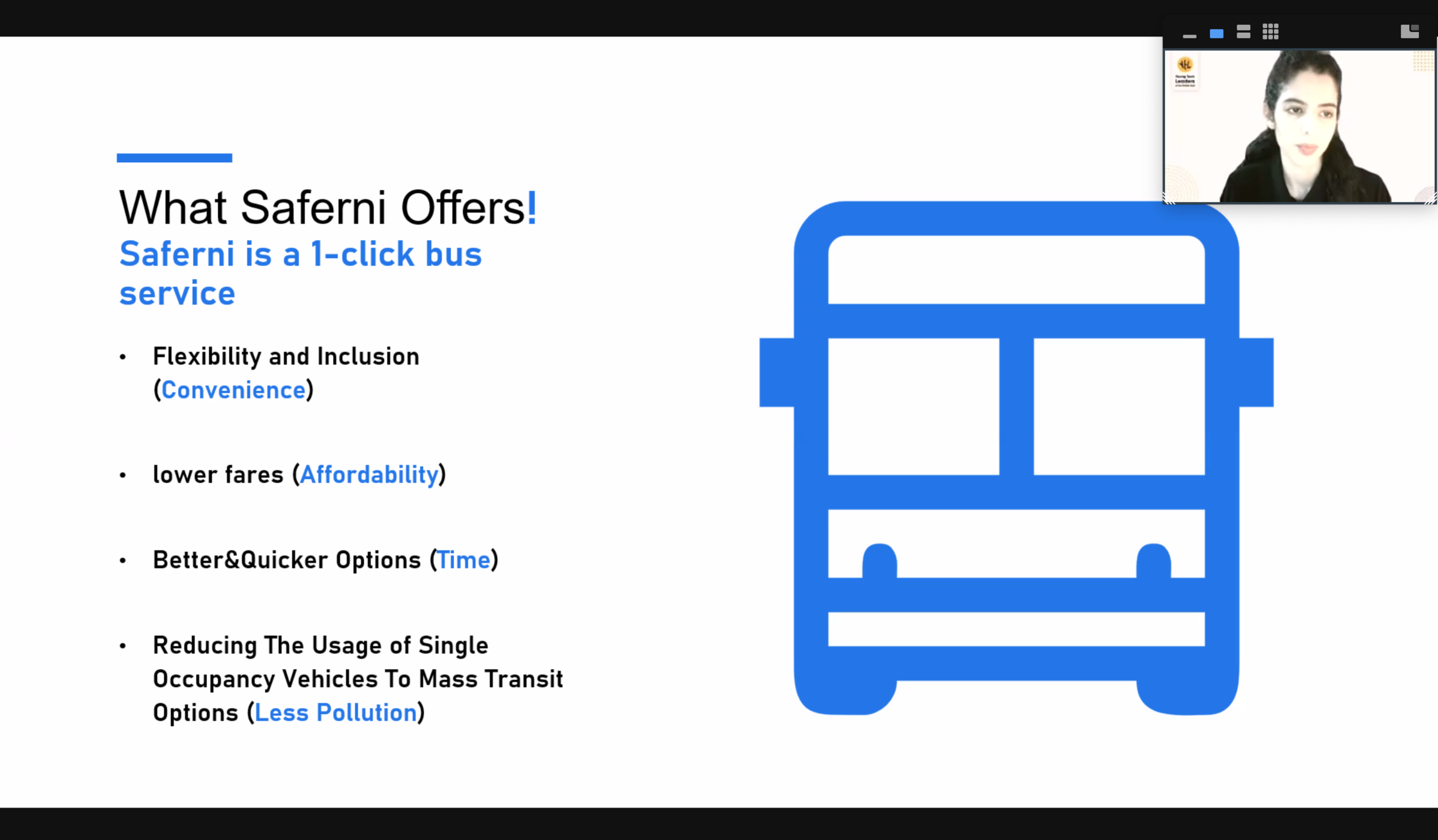
On July 31, our fellows presented the minimum viable product (MVP) or minimum viable service (MVS) of their human-centered design projects, addressing a range of issues, from education and transportation to providing support for refugee communities.
Over the past 3 weeks, the teams worked hard to identify a problem they wanted to solve, conduct user research and interviews, develop a prototype, evolve and iterate on their design, and finally land on a solution. They then put their public speaking and presentation skills to the test by presenting their projects to a panel of judges.
Marcello Bonatto (Co-founder, Re:Coded), Idil Uner (Communications Consultant, UNDP), Ahmad Sufian Bayram (EMEA Manager, Techstars), Raj Burman (CEO, Techfugees), and Giulia Balestra (Innovation Officer, UNHCR) sat on the panel, drawing insights from their own experiences working in social impact tech and humanitarian development to share feedback with each team.
We are so proud of all our fellows for their hard work in developing their innovative human-centered design solutions, localized to meet their communities’ needs.
Take a look at some of the projects below!
———
Team 1 - Eunoia created an online platform that helps Iraqi students improve their English skills to set them up for future success. Through interviews with people in Iraq, the team found that 88% (15 out of 17) of respondents said English was one of their main problems.
Team 2 - TECH ambassadors designed the Faky Check app to check for fake news by analyzing the source, author, date, and biases of online articles. Out of 50 people interviewed, the team discovered that 90% of respondents said that they need help spotting fake news.
Team 3 - AUDAX created an app that helps refugees support each other and build community by connecting them to food, job, education, and social opportunities. In discussions with refugees, the team found that there was a need for shared advice and understanding from other refugees going through the same experience.
Team 4 - MrovTech Wheels designed the Ektos networking app to connect university students so they can have a more meaningful experience at university. Through interviews, the team discovered that there was a lack of community engagement, networking, and non-political clubs at public universities in the Middle East.
Team 5 - Forethinkers built a career discovery tool, GUIDED, that connects students in Lebanon, Iraq, and Syria to career specialists in every field. In surveys, the team found that 3 out of 4 students struggle to choose their major, and 73% would consider education or career consulting.
Team 6 - Leos created Pekawa, a ride sharing app that connects car owners with people who need a ride, providing a cheaper, more reliable method of transportation for university students and workers in areas where Uber doesn’t operate. Out of 15 people interviewed, the team found that 70% of car owners would be willing to pick up other people on their way to work, and 80% of riders would be willing to share their ride with other passengers.
Team 7 - Innovathy designed a mobile app, Uniroads, that enables students to exchange information about higher education and careers. In interviews with 87 high school students in the Levant, the team found that 87% of respondents said their schools did not provide orientations about prospective universities and majors.
Team 8 - BAWSALA created Saferni, a 1-click minibus service in the Kurdistan Region of Iraq that addresses the lack of reservations, reliability, and responsiveness in the local public transportation system.
Thank you to our judges!
